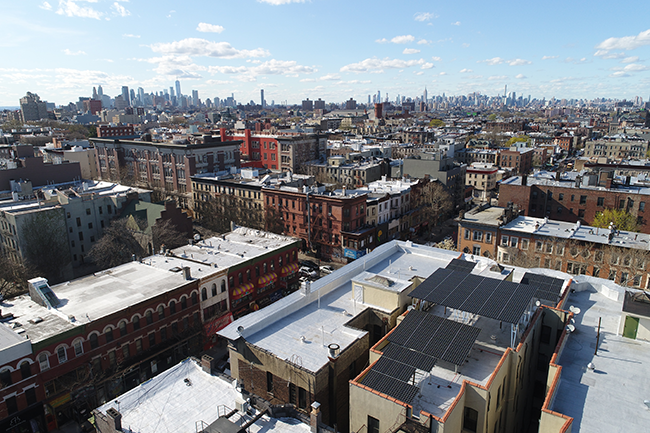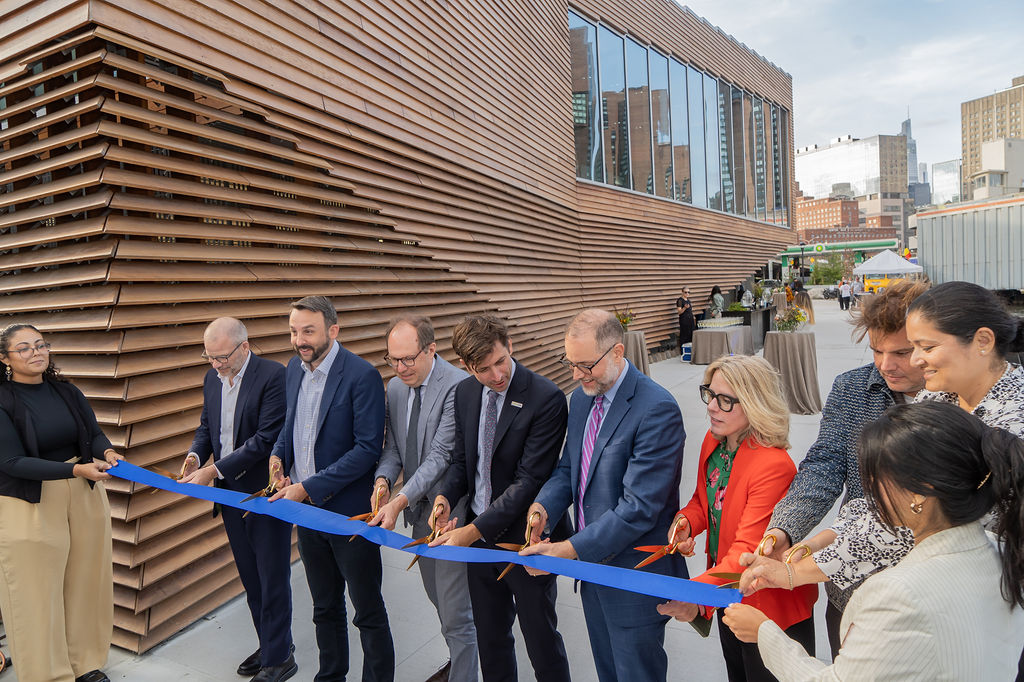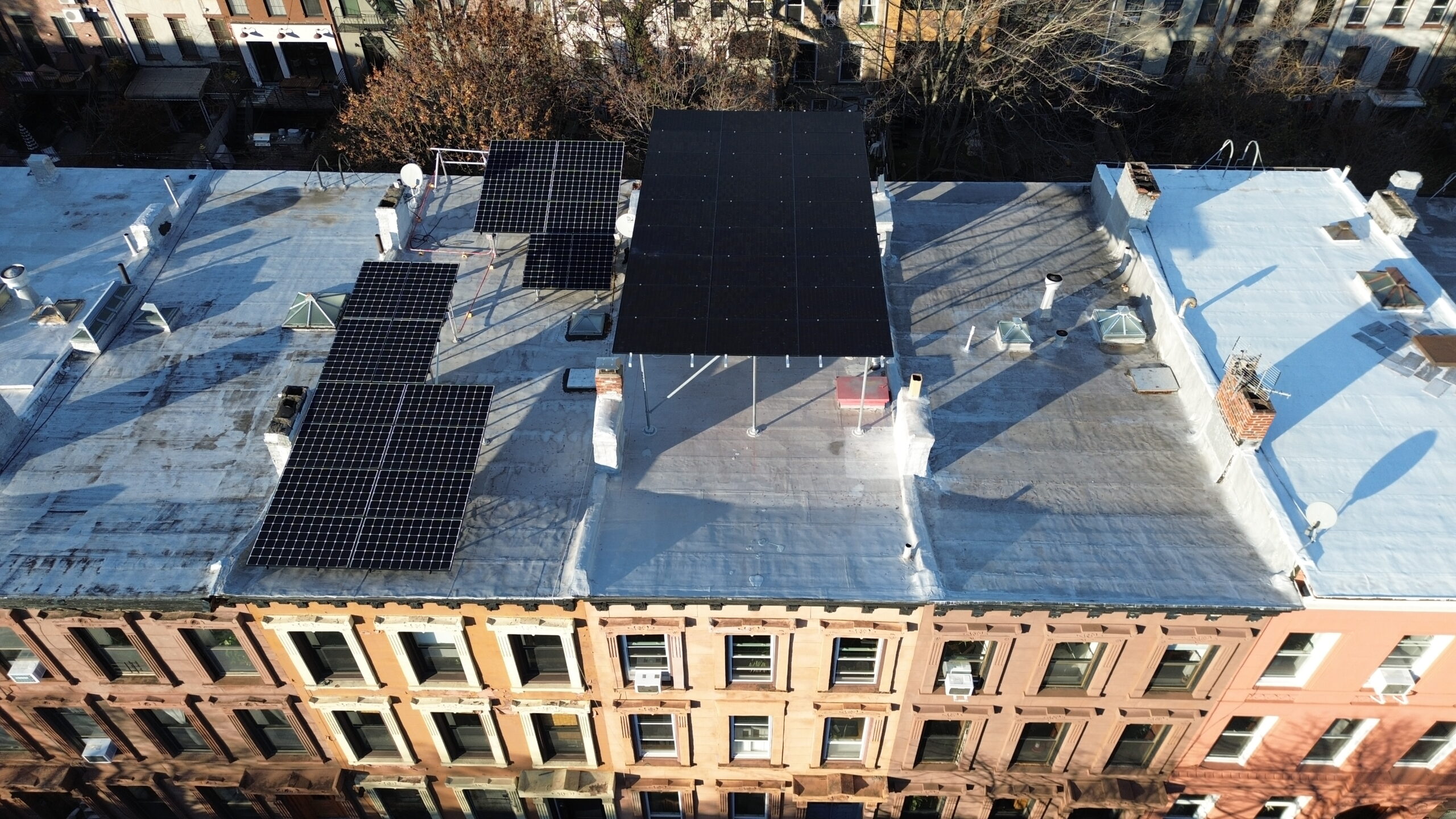
The Senate Finance Committee is trying to kill the renewable energy provisions in the Inflation Reduction Act, and, unsurprisingly, the changes will hit homeowners and small businesses the hardest.
The 30% federal tax credit for installed solar, which was originally supposed to continue until 2035, could expire much sooner under the new legislation. The reconciliation bill would phase residential credits out in 6 months, making many new projects unaffordable.
Activists and energy companies are lobbying to retain climate-friendly incentives in the spending bill, but are coming up against political obstacles that are intent on reducing the incentives even further or eliminating them entirely. Ironically, there are more districts controlled by the GOP which have seen greater investments in manufacturing and green infrastructure than blue districts. Canceling those projects would cause the loss of thousands of prevailing-wage jobs.
And it’s not only solar and wind projects that are being threatened: in the month of May, roughly $1.4 billion in electric vehicle, battery and solar-panel factories were abandoned. On the other hand, incentives aimed at geothermal and nuclear development, energy technologies favored by energy secretary Chris Wright, would stay in place until 2036.
Once the Senate comes up with a version of the bill that can pass with a simple majority, the legislation goes back to the House where it would need to pass again. House Republicans are not in any way aligned with Senate Republicans on how deep cuts should be; generally, House members want even more draconian measures than Senators.
It’s also likely that the canceling energy projects and slowing down development, regardless of the technologies involved, will cause energy rates to rise and make electric bills more expensive for everyone- an effect that will continue increasing as temperatures continue to rise.
You can read more about this on the Bipartisan Policy Center website here.

